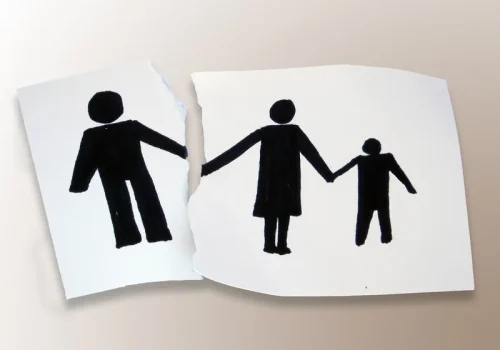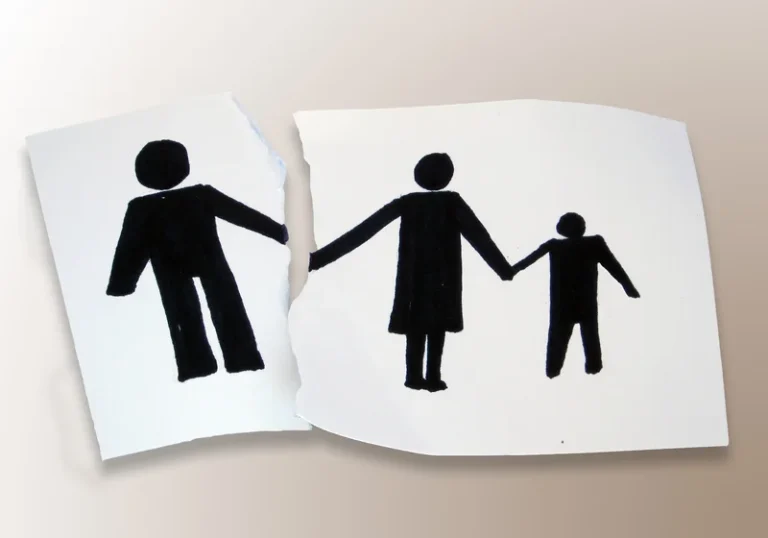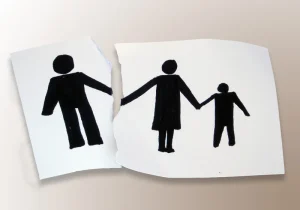
People addicted to ketamine typically become incapable of functioning normally in society. One of the most effective ways to administer ketamine in a medical setting is through intravenous (IV) infusion. Food & Drug Administration (FDA) decades ago for use in medical and surgical procedures. She helps brands craft factual, yet relatable content that resonates with diverse audiences.
What are the Side Effects of Ketamine Abuse?
- The causes of ketamine addiction involve a mix of genetic, psychological, and environmental factors.
- There, the user is removed from their home and peers and is surrounded by support and structure.
- Harm reduction strategies, such as providing safe-use guidelines and accessible treatment options, also lower the risk of developing a ketamine addiction.
- Ketamine’s dissociative effects are so powerful that it is commonly referred to as a “date rape drug.” When ingested, ketamine can cause users to hallucinate (experience visual and auditory disturbances).
- Widely known for its medicinal properties, ketamine’s effects have made it a popular addition to the party scene.
- Ketamine is an anesthetic, meaning it lowers a person’s sensitivity to pain.
The more well-rounded the treatment program, the better the chances the user has for sustained sobriety. Parental guidance also plays a big part in the likelihood of someone developing an addiction. Children who are exposed to drug abuse at a young age are more at risk of developing their own problems. Various treatments are available for Ketamine addiction, including residential rehab programmes and home-based medically assisted withdrawal protocols. These approaches may also involve medications that support and enhance bladder and kidney function. Surges of dopamine reinforce pleasurable behaviours, thereby encouraging repetition of the behaviour, even if the activity is unhealthy.

Ketamine Overdose Causes and Risk Factors
- The lawsuit alleges a series of troubling incidents over the four years Doe and Combs were in contact.
- If you or a loved one are exhibiting these signs, get medical intervention immediately.
- Professional detox and rehabilitation treatment programs can help the user through the withdrawal and detoxification phases and provide helpful insights and tools to help the user manage cravings and control impulses.
- To get the same effects as before, users will resort to consuming more and more.
- We may be paid a fee for marketing or advertising by organizations that can assist with treating people with substance use disorders.
Unlike most anesthetics, it does not put the patient to sleep but puts them in a dissociative state while sedating them and relieving pain. It has a rapid time of onset, acting within 5 minutes of being administered. In the early 1970s, it was found that the drug had hallucinogenic and dissociative effects that made it desirable for recreational use.
Sustained Recovery

This Schedule III drug is approved for use in hospitals and veterinary settings but is sometimes used illicitly for its hallucinogenic effects. When used correctly for legitimate medical reasons, ketamine produces effects of pain relief and sedation, but when used in high doses, the drug can cause delirium, hallucinations, and memory loss. Multiple case reports have cited naltrexone as a promising treatment for ketamine withdrawal. However, more research is needed to determine if it’s an effective treatment for ketamine addiction.


People who use ketamine experience intense highs and dissociative feelings that make users feel detached from their bodies, and can even cause hallucinations. High doses of ketamine can cause an out-of-body experience called a K-hole. Ketamine troches are dissolvable tablets typically prescribed for conditions like chronic pain or depression, allowing for sublingual (under the tongue) administration. This method delivers ketamine more gradually into the bloodstream compared to intravenous or intranasal forms. Troches are often used in outpatient settings because they are convenient and are taken at home, making them a more flexible option for patients needing ongoing pain or depression relief.

The drug tends to act quickly but generally, doesn’t last for an extended period of time. This makes it an ideal party drug and it is particularly prevalent on the club scene. By blocking NMDA receptors, ketamine prevents ketamine addiction the neurotransmitter glutamate from relaying pain signals. It can also affect serotonin (which influences mood and happiness) and dopamine (which affects mood and the sensations of pleasure or reward). Over the last few decades, some important evidence has emerged showing that ketamine could help people struggling with addiction.
That said, the structured and supervised nature of ketamine administration in medical environments—where doctors carefully regulate both dose and duration—greatly reduces the likelihood of addiction. =https://ecosoberhouse.com/ However, if medical use is not closely monitored or continues for an extended period, there is a possibility that psychological dependence develops, particularly in vulnerable individuals. If you’re addicted to ketamine, you can get help at a ketamine rehab center.
- Ketamine is a powerful medication that can be incredibly helpful in managing pain during surgery and even treating conditions like depression.
- While some people may be able to use ketamine recreationally, others will feel a strong impulse to consume it to excess.
- Professional supervision is important to help individuals cope with both physical and psychological symptoms.
Who is at Risk of Ketamine Addiction?
It was seen that the drug also had addictive potential, with the development of tolerance Sobriety and withdrawal symptoms when the drug was stopped. As a recognized “party drug” or “club drug,” ketamine is often used and mixed with alcohol and other substances. Those who struggle with drug dependence and who use ketamine with other substances are more likely to be dependent on those other substances, and not ketamine. However, those who abuse ketamine for its dissociative effects can become addicted to those sensations, and develop a psychological addiction to the drug. Many individuals also experience aggressive or violent behavior as a side effect, which can be a strange turn from the sedative effects of the drug.
